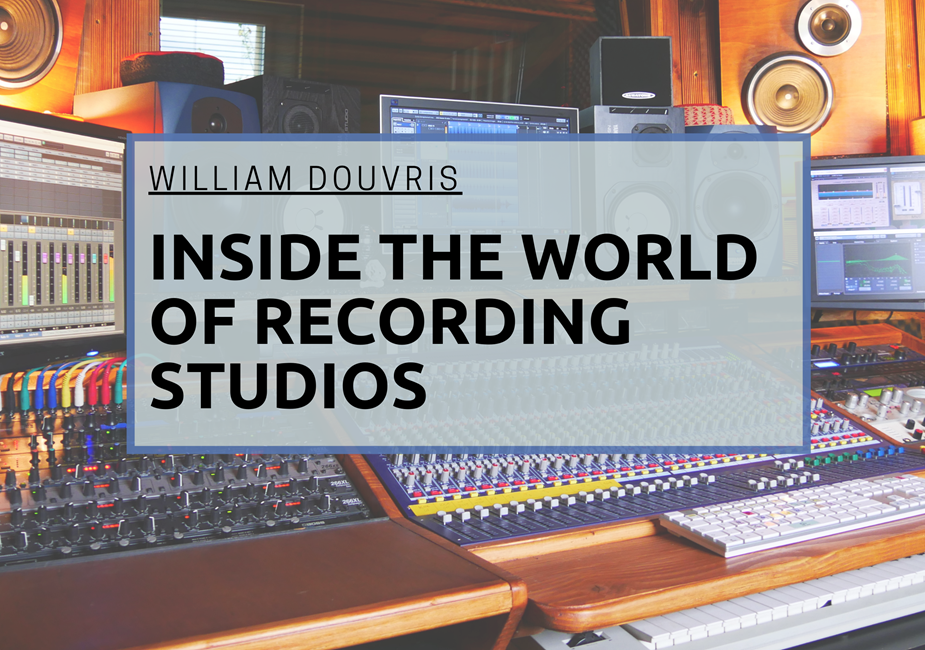Recording studios serve as the creative hubs where musical magic is born. From chart-topping hits to indie gems, these spaces are pivotal in bringing musical visions to life. In this blog, we’ll take a behind-the-scenes look at the fascinating world of recording studios, exploring their inner workings and their crucial role in the music industry.
The Heart of Creativity
Recording studios are where ideas are transformed into reality. Equipped with state-of-the-art technology and acoustically treated rooms, studios provide musicians, producers, and engineers with the tools and environment they need to capture the perfect sound. From tracking live instruments to layering vocals and mixing and mastering the final product, every step of the recording process takes place within the walls of the studio.
The Importance of Acoustics
Acoustics are critical to any recording studio. Studios are meticulously designed to control sound reflections, minimize external noise, and create a neutral listening environment. Room treatment materials, such as diffusers, absorbers, and bass traps, are strategically placed to optimize acoustics and ensure that recordings sound clear, balanced, and professional.
The Role of Producers and Engineers
Behind every successful recording session is a team of skilled producers and engineers. Producers oversee the creative direction of a project, guiding artists through the recording process and providing feedback and input on musical arrangements and performances. On the other hand, engineers handle the technical aspects of recording, operating equipment, setting levels, and capturing high-quality audio.
State-of-the-Art Equipment
Recording studios have a wide range of state-of-the-art equipment and technology. From microphones and preamps to analog consoles and digital audio workstations (DAWs), studios boast an impressive array of tools and gear that allow artists to achieve their desired sound. Additionally, studios often invest in specialized equipment, such as vintage outboard gear and rare instruments, to add character and texture to recordings.
Collaboration and Creativity
Recording studios are collaborative spaces where artists come together to bring their musical visions to life. Collaboration is at the heart of the recording process, whether it’s a full band tracking live in the studio or a solo artist layering vocals over a beat. Studios provide a supportive and creative environment where artists can experiment, take risks, and push the boundaries of their craft.
The Evolution of Home Studios
While traditional recording studios remain essential for professional-grade recordings, the rise of home studios has democratized music production, making it more accessible to aspiring artists and producers. Advances in technology have made it possible to create high-quality recordings from the comfort of one’s own home using affordable equipment and software. Home studios offer artists the flexibility to work on their schedule and experiment with their sound without the constraints of traditional studio environments.
Conclusion
Recording studios are the beating heart of the music industry, providing artists with the space, tools, and expertise they need to create memorable and impactful recordings. From acoustically treated rooms and state-of-the-art equipment to skilled producers and engineers, every aspect of the recording process is carefully orchestrated within the walls of the studio. As we celebrate the artistry and innovation of recording studios, let us continue to support and champion the creativity that flourishes within these dynamic spaces.
